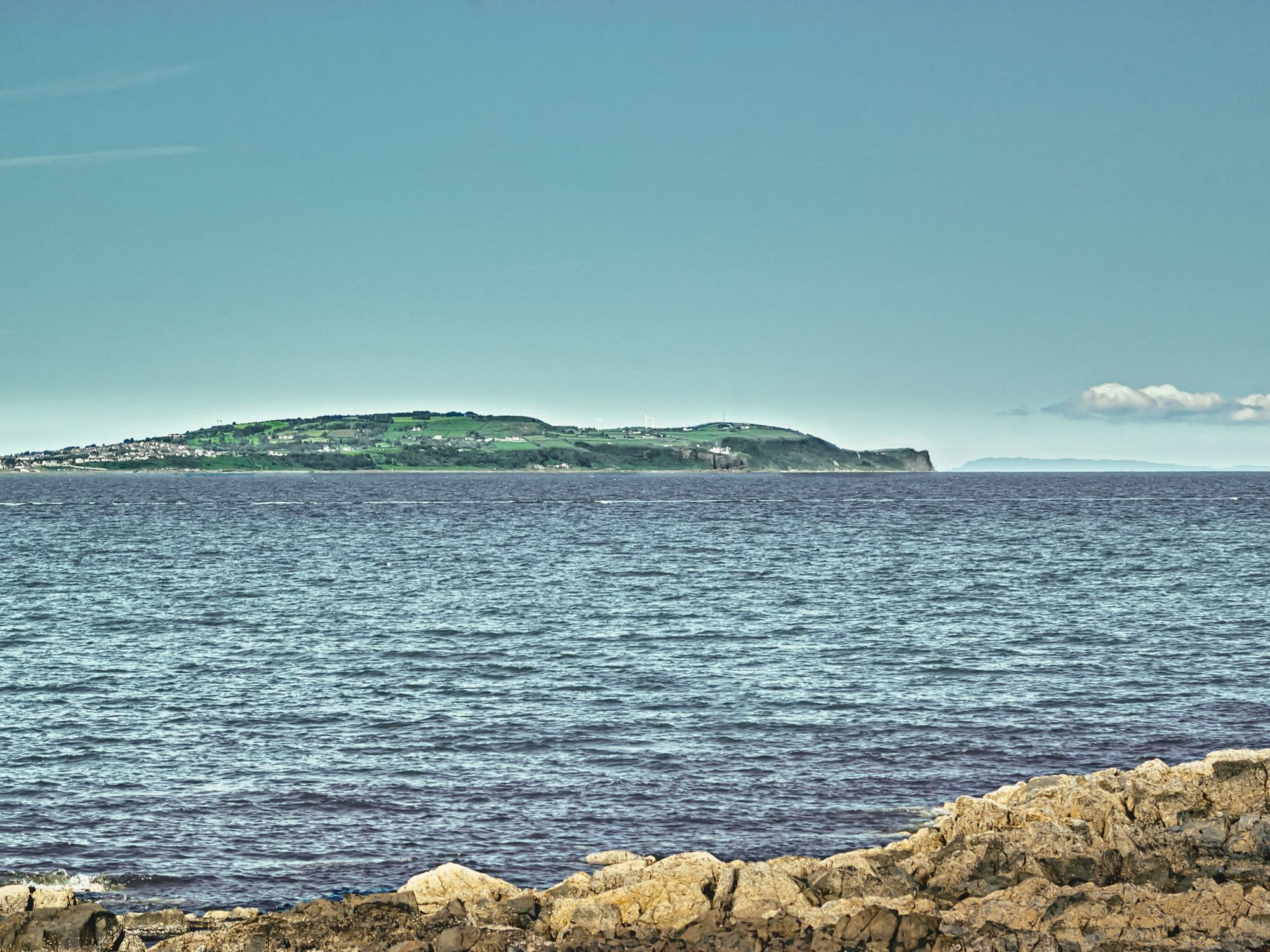WP 4 - Policy advice and stakeholder engagement
WP4 Objectives
O4.1 – to conduct an institutional policy audit and identify impediments for the implementation of integrated planning and the solutions to overcome these
O4.2 – to identify shortcomings and opportunities for governance process to implement conservation planning in the context of EB-MSP
O4.3 –to identify and disseminate pathways for transdisciplinary and transboundary knowledge to support integrated planning
O4.4 – to develop ethical procedures and criteria that will be used to recruit research participants
O4.5 – to ensure these elements are derived by stakeholder-led discussions and are used in the demonstration areas

Work Package Tasks
T4.1 – Conducting the institutional and policy audit of MPA and MSP processes within each Planning Site
Task 4.1 entails conducting an institutional and policy audit of Marine Protected Areas (MPA) and Maritime Spatial Planning (MSP) processes within each Planning Site. Using an established approach to developing stakeholder typologies, the audit will examine transboundary links between sites. The audit will be conducted through detailed documentary analysis and interviews with key marine managers. Documents include marine plans and policies, whilst interviewees will be with planners and policymakers. Thematic analysis will be conducted to produce a stakeholder typology for each Planning Site area, which will provide information on participation processes and the degrees of influence that stakeholders possess within each site.
Lead: QUB, partners: IECS, MI, UAEGEAN, AZTI, CSIC, RBINS, SZN, UHAM, DTU, Thünen.
T4.2 – Assessing the adaptive capacity of existing governance regimes
Under Task 4.2, the adaptive capacity of existing governance regimes will be assessed. This task will reveal insight on the dynamic and science-based approaches that facilitate the designation and implementation of MPAs and restoration measures in the context of MSP. This is a critical step in developing realistic and implementable policy recommendations. This task will assess how the current governance regimes valorise and use diverse knowledge on conservation measures and MSP processes, whilst also assessing how dominant policy discourses that may impede the development and implementation of new approaches become established. This task will consist of document analysis and interviews with a broad range of marine stakeholders. A policy roundtable will be convened to discuss the transferability of findings beyond Planning Sites.
Lead: QUB, partners: IECS, MI, CSIC, SZN, UHAM, DTU, IMAR UAZ, Thünen, DFO
T4.3 – Developing policy recommendations to improve science-base for EB-MSP
Task 4.3 will focus on developing a suite of policy recommendations to foster Ecosystem Based-MSP (EB-MSP), and, therefore, the integration of Ecologically or Biologically Significant Marine Areas (EBSA) or MPA networks into EB-MSP. These policy recommendations will be developed through back-casting workshops held in each Planning Site. The back-casting workshops will first examine the issues and solutions identified in T4.2. Second, adopting the planning scenarios developed in WP3 as possible future end goals, workshop participants and researchers will assess the trade-offs that each scenario would entail. Workshop participants will then select the most viable scenario for the Planning Area and co-develop the necessary policy recommendations and actions that would be needed to achieve this scenario.
Lead: QUB, partners: IECS, MI, CSIC, SZN, UHAM, DTU, IMAR UAZ, Thünen, DFO
T4.4 – Assessing the compliance to ethical standards
Ethical research approaches will underpin MarinePlan’s engagement with all project participants across all WPs. Task 4.4 will focus on the development of research protocols that will ensure that all research involving human participants abides by good practice principles. The protocols will include: the procedures and criteria that will be used to identify and recruit research participants; informed consent procedures that will be implemented for the participation of humans; templates of the informed consent forms and information sheets; information on the collection, storage, and protection of personal data. The protocols were approved by QUB’s Faculty of Engineering and Physical Sciences Research Ethics Committee. Those protocols will also underpin WPs 3, 5 and 7.
Lead: QUB, partners: DTU, WR, Thünen
Published Deliverables and Outputs
D4.1- Report on the analysis of existing policies and institutions
D4.2- Report on the barriers to adopting novel and dynamic approaches to Marine Protected Areas designation and implementation
D4.4- Ethics application



